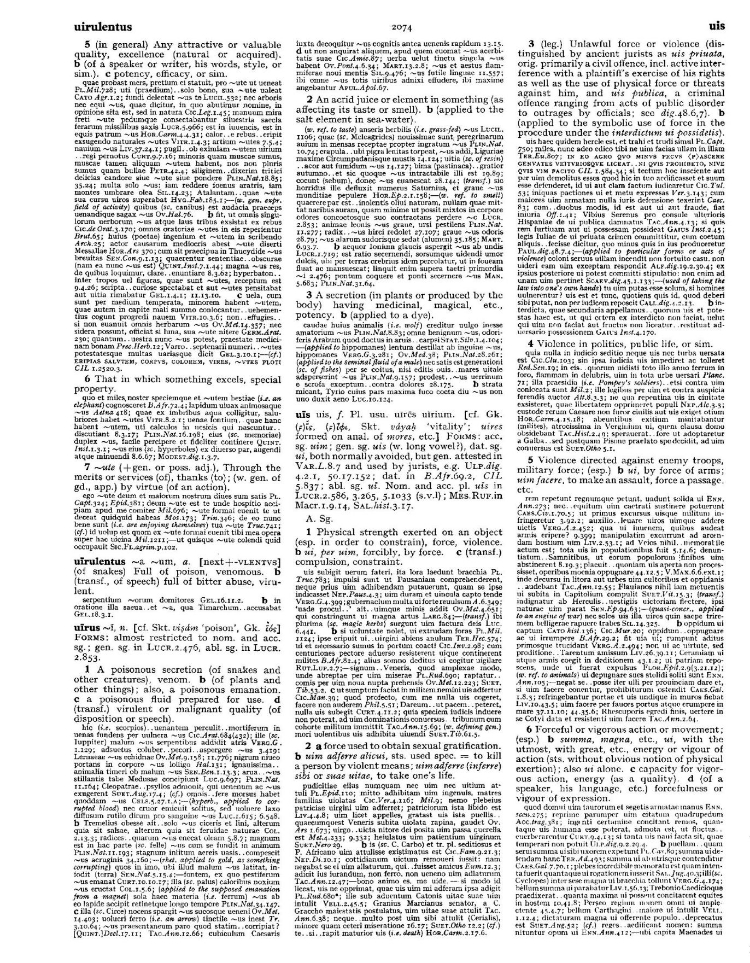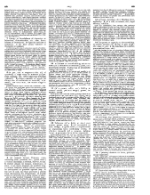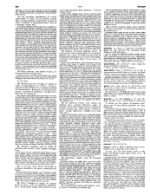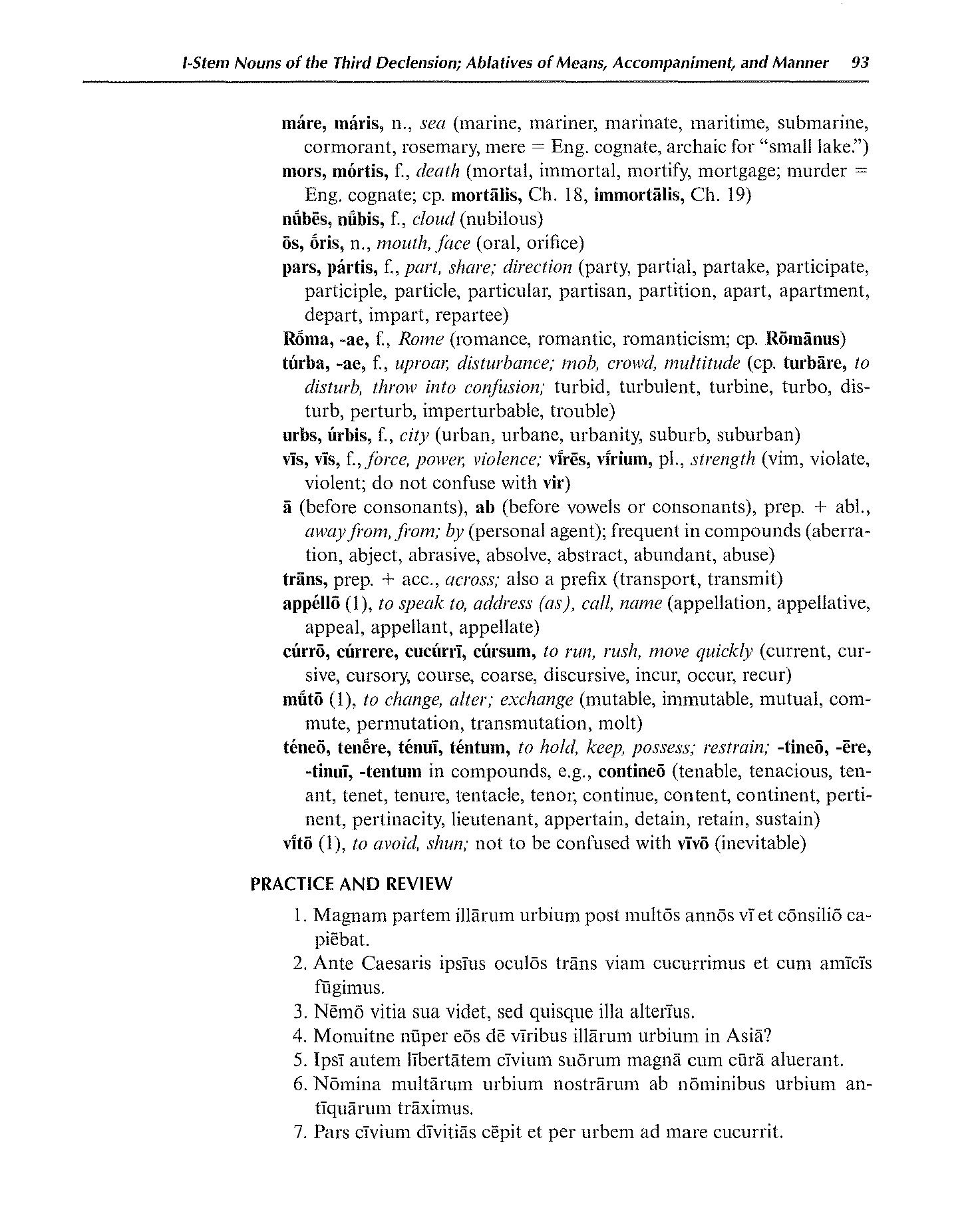
page_listing.tpl
page_subListingDetails.tpl
sub_listingDetails_style1.tpl
sub_listingDetails.title.tpl
vīs force
vīs is a Latin Noun that primarily means force.
Definitions for vīs
Wheelock's Latin
Noun
- 1
force, power, violence, (pl.) strength
English derivatives:
vim violate violent
Oxford Latin Dictionary
Noun
- 1
Physical strength exerted on an object (esp. in order to constrain), force, violence.
- 2
(leg.) Unlawful force or violence (distinguished by ancient jurists as 'uis priuata,' orig. primarily a civil offence, incl. active interference with a plaintiff's exercise of his rights as well as the use of physical force or threats against him, and 'uis publica,' a criminal offence ranging from acts of public disorder to outrages by officials.
- 3
Violence directed against enemy troops, military force; (esp.) b) 'ui,' by force of arms; 'uim facere,' to make an assault, force a passage, etc.
Sentences with vīs
Latin to English
Vīs illōrum marium erat magna.Compare The violence of those seas was great.
Vīs bellī acerbī autem vītam eius paucīs hōrīs mūtāvit.Compare The force of a fierce war, however, changed his life in a few hours.
Vis audire illum tanta brevitate dicentem, ut artari magis et contrahi brevitas ipsa non possit? "Et campos, ubi Troia fuit": ecce paucissimis verbis maximam civitatem hausit et absorpsit, non reliquit illi nec ruinam.Compare Notice how he speaks with such brevity that brevity itself could not be more concise, more compact. "The plain where Troy once stood." This is how in a very few words he levels and annihilates a very great city, leaving not even a ruin.
Ergo vivida vis animi pervicit, et extra processit longe flammantia moenia mundi atque omne immensum peragravit mente animoque.Compare Therefore the lively power of his mind prevailed, and forth he marched far beyond the flaming walls of the heavens, as he traversed the immeasurable universe in thought and imagination.
Declension table for vīs
Cactus2000
| Singular | Plural | |
| Nom. | vīs | vīrēs |
| Gen. | vīs | vīrium |
| Dat. | vī | vīribus |
| Acc. | vim | vīrēs |
| Abl. | vī | vīribus |
Data sources
Notes
- Definitions
- Frederick M. Wheelock, Wheelock's Latin, 6th ed., rev. Richard A. LaFleur (New York, NY: HarperCollins Publishers, 2005): 093.
- P. G. W. Glare, Oxford Latin Dictionary, Vols. 1-8 (Oxford: Clarendon Press, 1982): 2074.
- Word frequencies
- Christopher Francese, "Latin Core Vocabulary," Dickinson College Commentaries, last modified 2014, http://dcc.dickinson.edu.
- Paul B. Diederich, The Frequency of Latin Words and Their Endings, PhD diss., (Columbia University, 1939).
- Louis Delatte, Suzanne Govaerts, Joseph Denooz, and Etienne Evrard, Dictionnaire fréquentiel et index inverse de la langue latine [Frequency Dictionary and Inverse Index of the Latin Language] (Liège, Belgium: Laboratoire d'analyse statistique des langues anciennes de l'Université de Liège [L.A.S.L.A.], 1981): 119.
Bibliography
Allen, Joseph H. Allen and Greenough's New Latin Grammar for Schools and Colleges: Founded on Comparative Grammar. Edited by James B. Greenough, George L. Kittredge, Albert A. Howard, and Benjamin L. D'Ooge. Boston, MA: Ginn & Company, 1903.
Crystal, David. A Dictionary of Linguistics and Phonetics. 6th ed. Oxford, UK: Blackwell Publishing, 2008.
Delatte, Louis, Suzanne Govaerts, Joseph Denooz, and Etienne Evrard. Dictionnaire fréquentiel et index inverse de la langue latine [Frequency Dictionary and Inverse Index of the Latin Language]. Liège, Belgium: Laboratoire d'analyse statistique des langues anciennes de l'Université de Liège (L.A.S.L.A.), 1981.
Diederich, Paul B. The Frequency of Latin Words and Their Endings. PhD diss., Columbia University, 1939.
Francese, Christopher. "Latin Core Vocabulary." Dickinson College Commentaries. Last modified 2014. http://dcc.dickinson.edu/latin-vocabulary-list.
Gildersleeve, Basil L., and Gonzales Lodge. Gildersleeve's Latin Grammar: Third Edition, Revised, and Enlarged. 3rd ed. London, England: Macmillan and Co., 1903.
Glare, Peter G.W. Oxford Latin Dictionary. Vols. 1-8. Oxford, England: Clarendon Press, 1982.
Krüger, Bernd. "Latin Conjugation Tables." Cactus2000. Accessed May 5, 2023. https://latin.cactus2000.de/index.en.php.
Pierson, Nick. "Sound of Text." Accessed October 26, 2019. https://soundoftext.com.
Wheelock, Frederick M. Wheelock's Latin. 6th ed. Revised by Richard A. LaFleur. New York, NY: HarperCollins Publishers, 2005.
Wiktionary Contributors. "Victionarium." Wikimedia Foundation, Inc. Updated March 18, 2019. https://la.wiktionary.org/wiki/Victionarium:Pagina_prima.
Citation
Chicago (17th ed.)
Allo Contributors. "vīs, vīs (n.) - Latin Word Definition." Allo Latin Dictionary. Last modified . Accessed February 21, 2026. http://ancientlanguages.org/latin/dictionary/vis-vis.
Entry created on . Last updated on .









